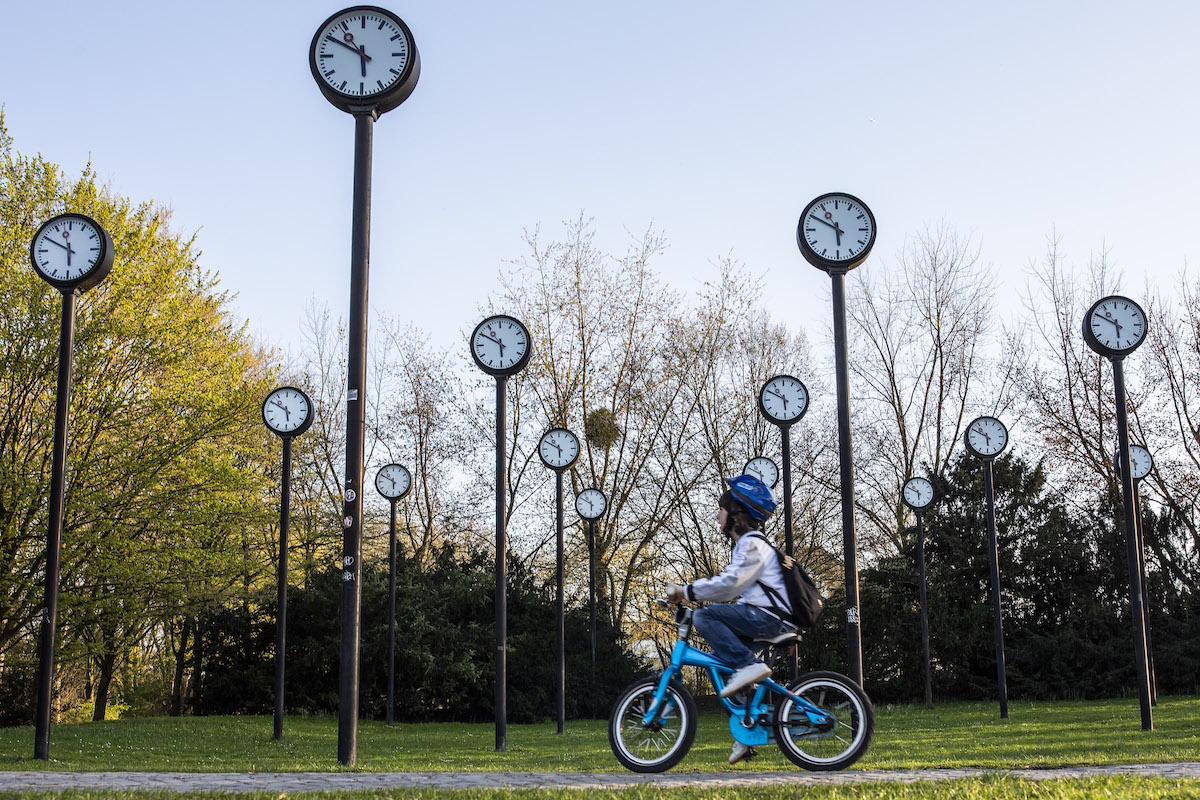The ‘Sunshine Protection Act’ Just Passed the Senate, Bringing Us One Step Closer To Permanent Daylight Saving Time

The dramatically named “Sunshine Protection Act” just passed the Senate by unanimous consent, bringing us one step closer to making Daylight Saving hours permanent and doing away with the biannual clock changes that have given us all walking-dead brain fog this week.
The bipartisan bill is sponsored by Rhode Island Democrat Sheldon Whitehouse and Florida Republican Marco Rubio, who is choosing to do exactly one (1) good thing with his time in office—although even that is debatable, as not everyone is on board with this idea.
For fans of Daylight Saving Time, this would, as Whitehouse put it, “brighten the coldest months with an extra hour of afternoon sun.” I want that.
But the flip side of that is an extra hour of darkness in the morning, making it even harder to get out of bed and making children and many working adults have to leave the house for school and work when it’s still dark out. (Of course, the typical school day starts far too early in the morning, but that seems much harder to change on this kind of nationwide level.)
In fact, we’ve done this before. In the 1970s, Congress passed a bill putting the country on Daylight Saving Time for two years. It was repealed about eight months later. Some of that seems to have been due to irritation at the lack of morning Sun, and some of it was over concerns about safety—which still come up even now around Daylight Saving Time (and still seem to boil down to a pretty simple explanation of “it’s more dangerous to be outside when it’s dark,” leading to an increase of pre-dawn car accidents and a decrease in the afternoon).
Everyone thought this was a great idea in the 70s then we tried it and people hated it. https://t.co/gWJlrZyjBM
— Matthew Gertz (@MattGertz) March 15, 2022
The U.S. also tried out year-round Daylight Saving Time during WWII as a fuel-saving measure, and it turned out that the 1970s time change also reportedly saved energy—the equivalent of 20,000-30,000 tons of coal not being burned each day, according to that Washingtonian article there.
So, on the one hand, we can have extra sunlight in the winter afternoons, which we definitely all want, but on the other, we’ll have to deal with extra-dark mornings. Well, this was definitely the right week for proponents of the bill to put it to a vote, as I’m guessing most people would support any bill that prevented the kind of brain fog so many of us are dealing with at this very moment.
(image: Maja Hitij/Getty Images)
Have a tip we should know? tips@themarysue.com